How to Prepare for Your Construction Waste Cleanup
Construction waste cleanup is essential to any construction activity. Proper waste disposal of construction debris is important and often regulated by local authorities. According to the EPA, municipal solid waste (MSW), including construction debris, was about 292.4 million tons. Proper planning for construction waste cleanup will ensure that your project has a minimal effect on the environment and is cost-effective.
Use Suitable Containers
To simplify your construction cleanup, you will need the proper receptacles for managing the waste. A lot of construction waste can be recycled. You should have at least two containers to collect recyclables and goods that can't be recycled.
Working with a trusted provider is essential. The right provider will ensure that you have a choice of containers to manage your waste cleanup. The beauty of renting a container to manage the waste is that the provider will deliver the containers and pick them up when they are full. This takes a lot of stress away, ensuring you will not have to stress about removing your construction debris on your own. Having the right support to manage waste can be a game changer. It can improve productivity and ensure you can stay focused on the core responsibilities of the project.
Maximize Recycling Efforts
Maximizing the benefits of recycling construction waste takes effort. Implementing an onsite recycling program for materials such as concrete, metal, cardboard, and wood can help ensure that every piece of waste is in the right place. Your chosen company will take your waste to a proper recycling facility.
Educate others on where to place recyclable materials. Provide training on how to segregate materials and use designated containers. Encourage a culture of waste reduction and recycling on the construction site. Training will help construction workers ensure that waste is making its way to the right container.
Schedule Cleanup
Keeping the construction site tidy reduces the risk of injuries. It can also help with production time. Scheduling regular cleanup times can help to reduce the end-of-project waste load. Plan regular cleanup days throughout the construction project to prevent excessive waste accumulation. A proactive approach to waste management can help maintain a safe and organized work environment.
Construction debris is more than just a nuisance. It can be a true hazard. When debris is piled up, workers must work harder to circumvent the debris to avoid injuries. There is also a confusion factor that can play out when debris is left to pile up. It can be difficult to keep usable materials separated from waste materials. It's good practice to manage construction waste cleanup throughout the project instead of waiting until the end of the project.
Understand Hazardous Materials
If the construction project involves materials classified as hazardous waste, such as certain paints, solvents, or chemicals, ensure compliance with regulations for their safe disposal. Consult with local authorities or waste management professionals for guidance on handling hazardous materials. A professional construction waste cleanup crew will know how to dispose of hazardous materials properly.
Hazardous waste disposal differs from other construction waste disposal. There are very specific local and federal environmental regulations that apply. Mismanaging this type of waste can result in serious penalties, including high-dollar fines. It is also dangerous to the environment and people. Getting professional direction and help is a worthy investment to ensure proper disposal.
Keep Records
Keep detailed records of waste disposal activities, including the types and quantities of materials disposed of, recycling efforts, and any receipts or documentation from waste management services. This documentation may be useful for regulatory compliance and project reporting. Regularly monitor the waste management plan's effectiveness and adjust as needed.
Consider hiring a professional waste management service with experience in construction waste disposal. These services can provide containers, transportation, and disposal services tailored to your project's needs. They will also maintain the documentation you need to meet regulatory requirements.
Proper waste management helps protect the environment, ensures compliance with regulations, and promotes a safer and more organized construction site. Planning for proper waste management is an important part of your overall construction plan. Learn more today by reaching out to our expert team at AAA Carting. We look forward to working with you and answering any questions you may have.

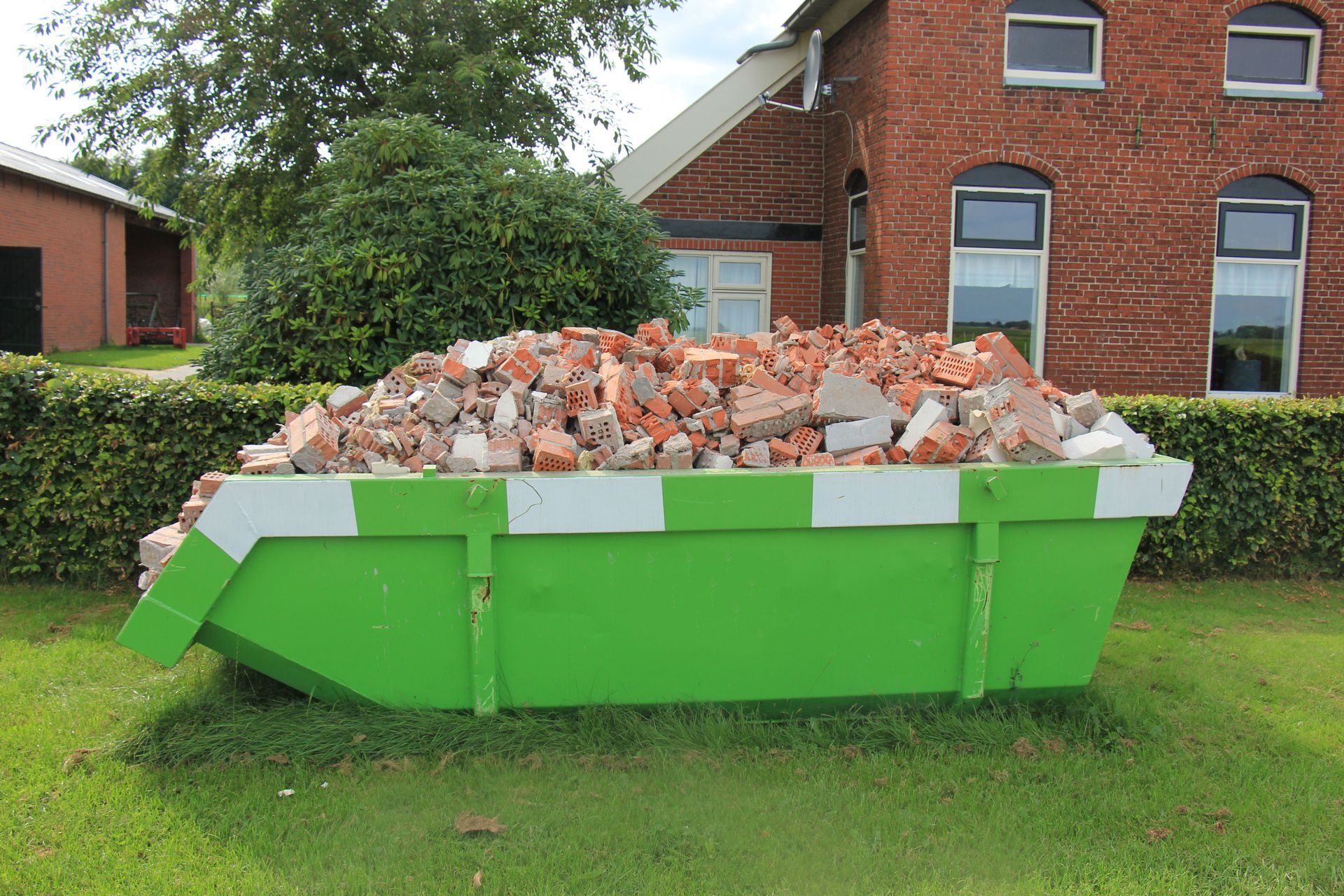
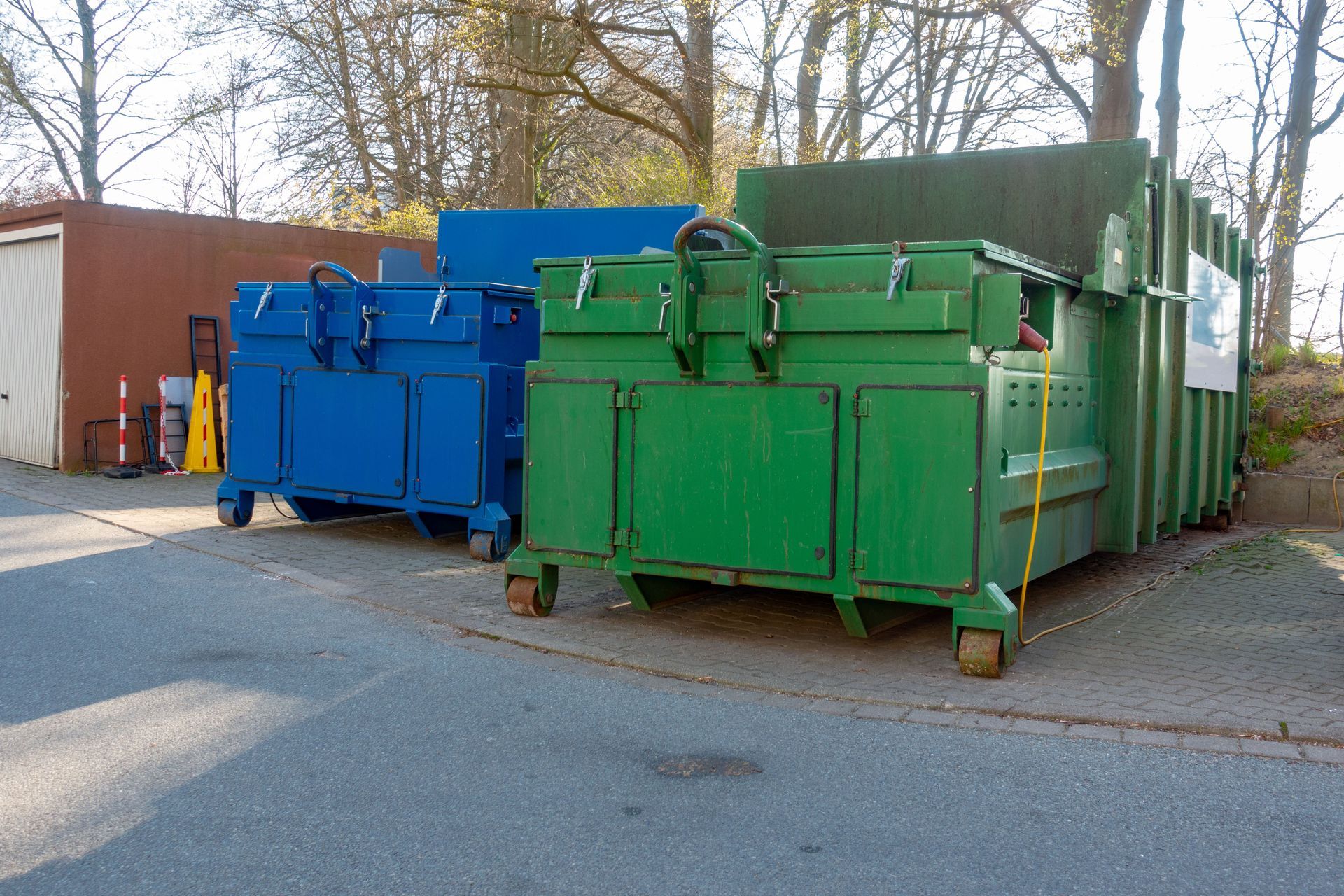
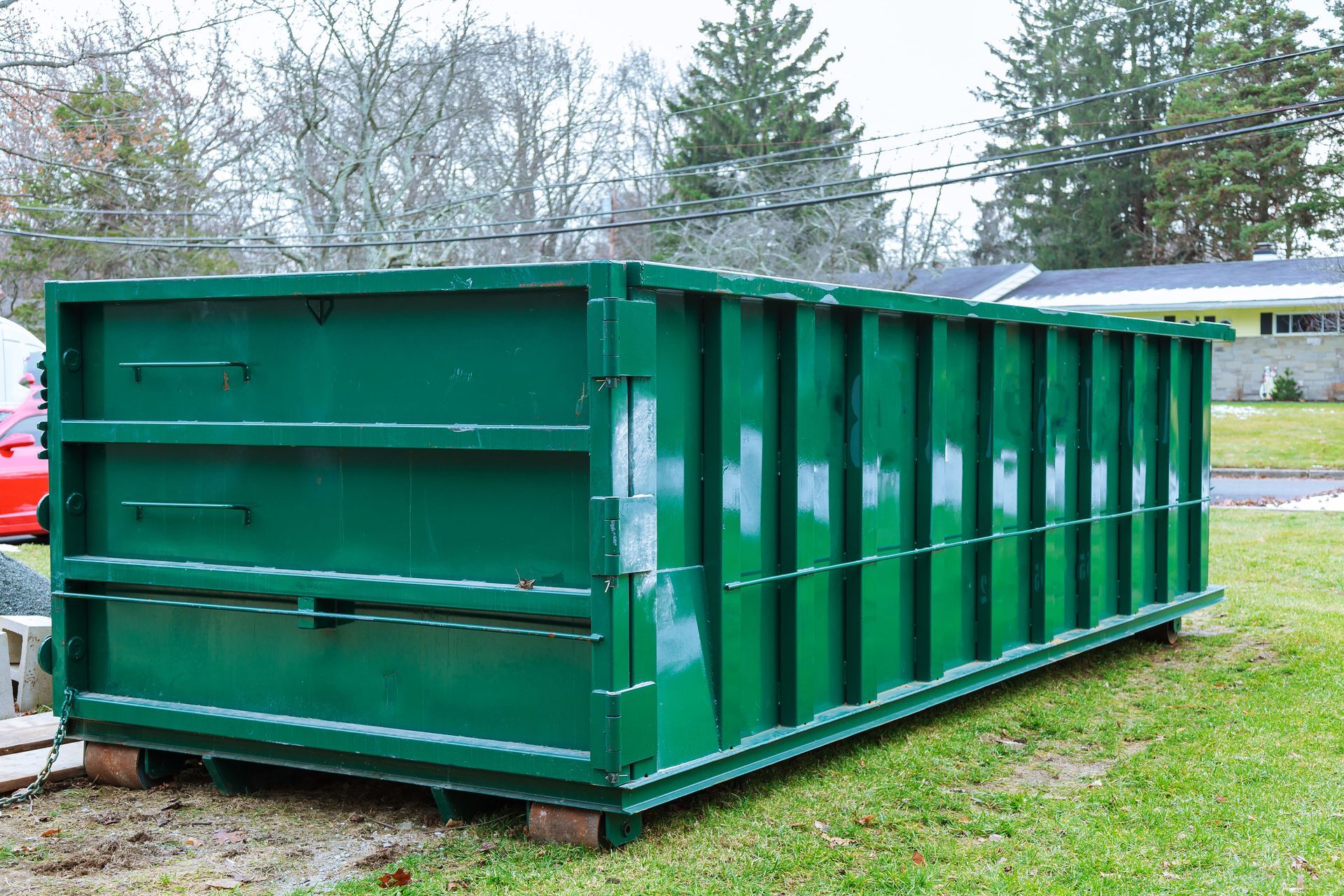
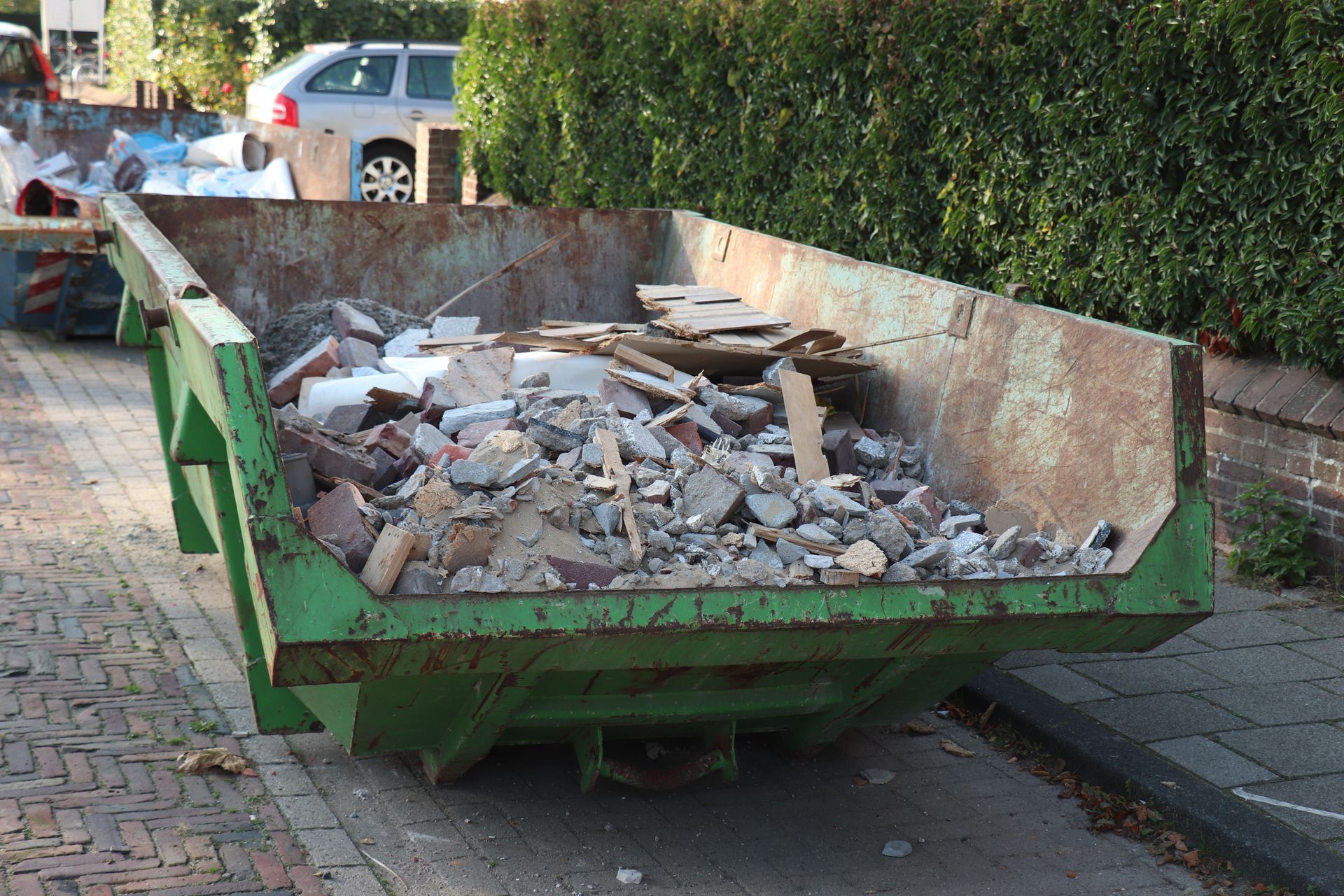
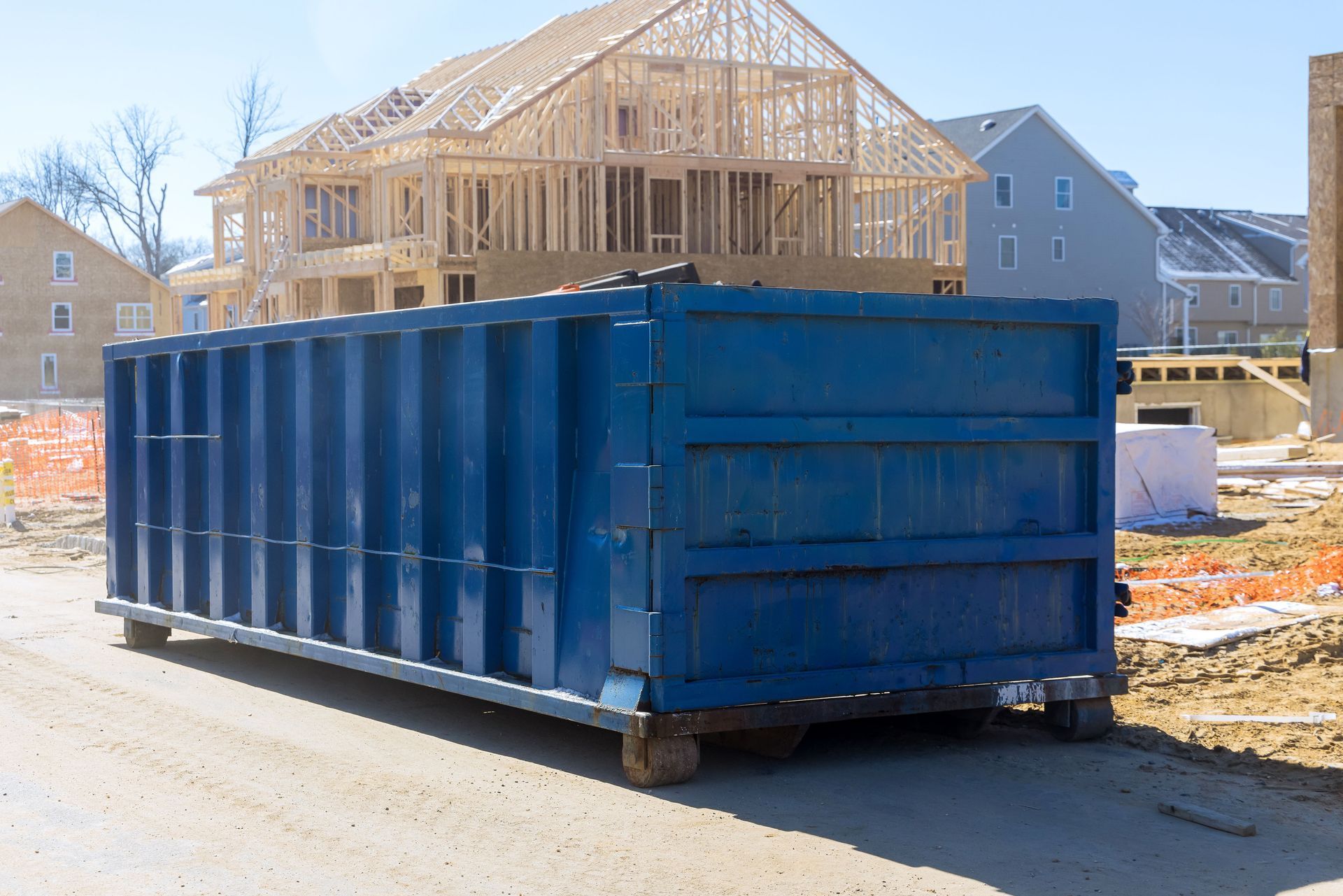
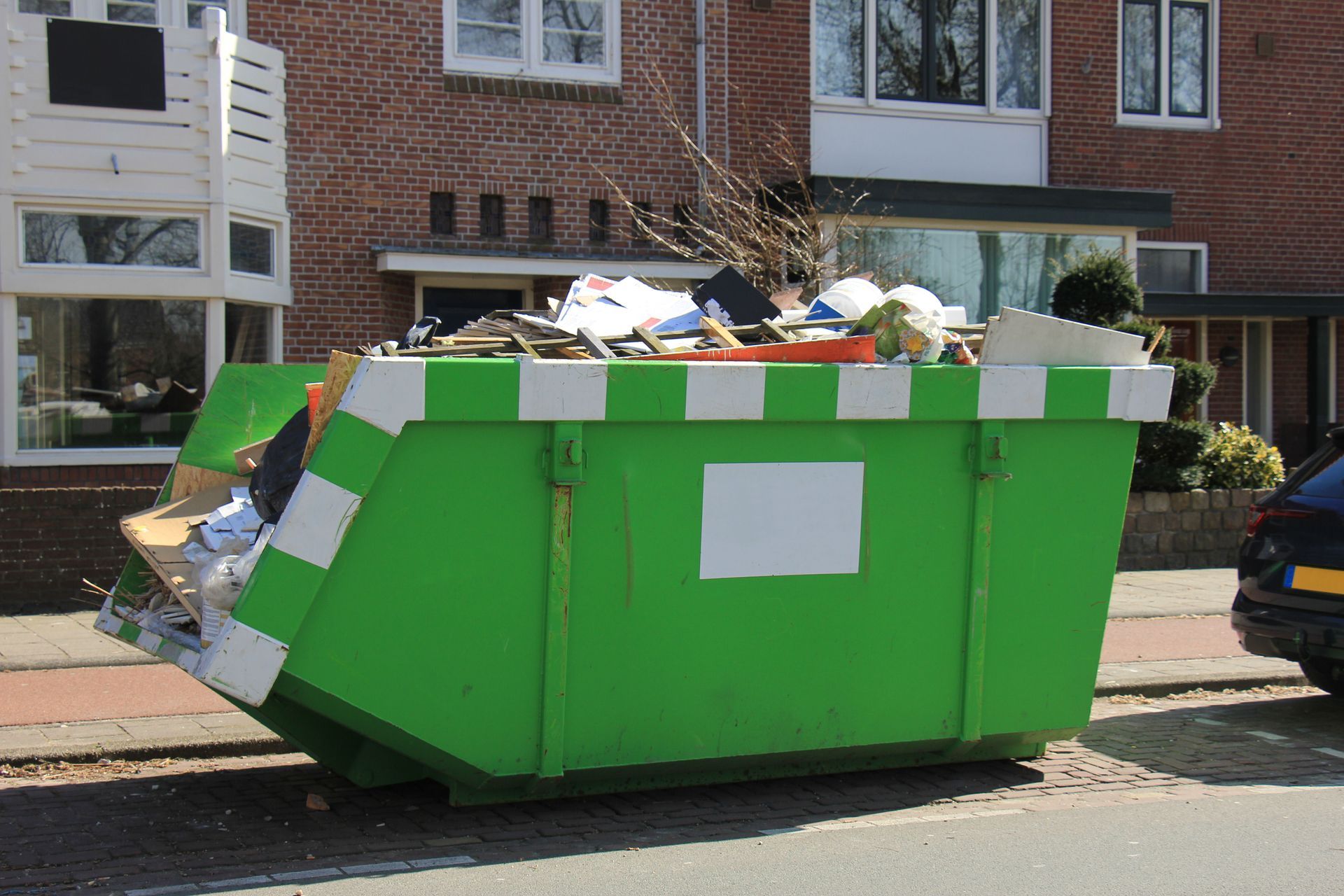
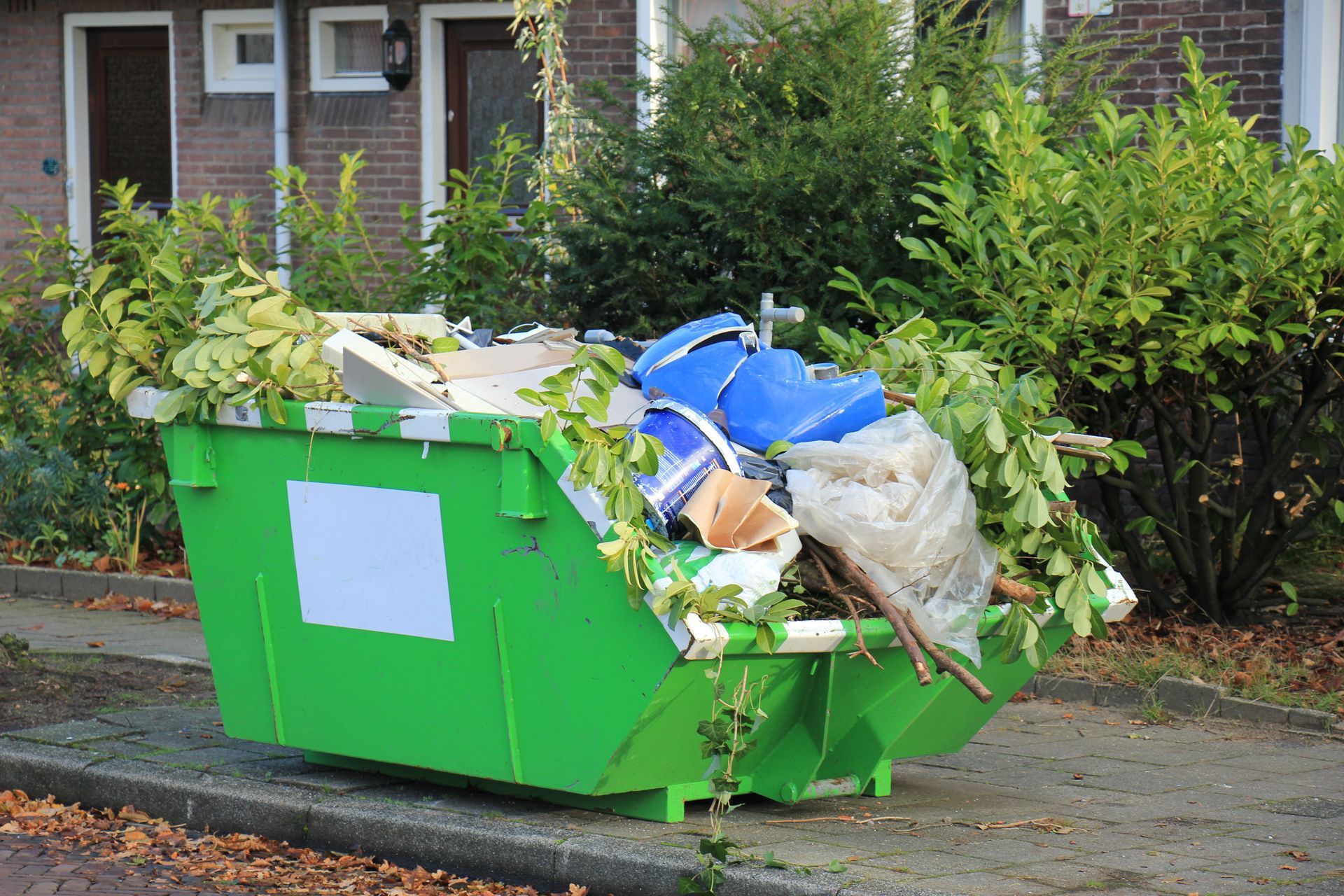
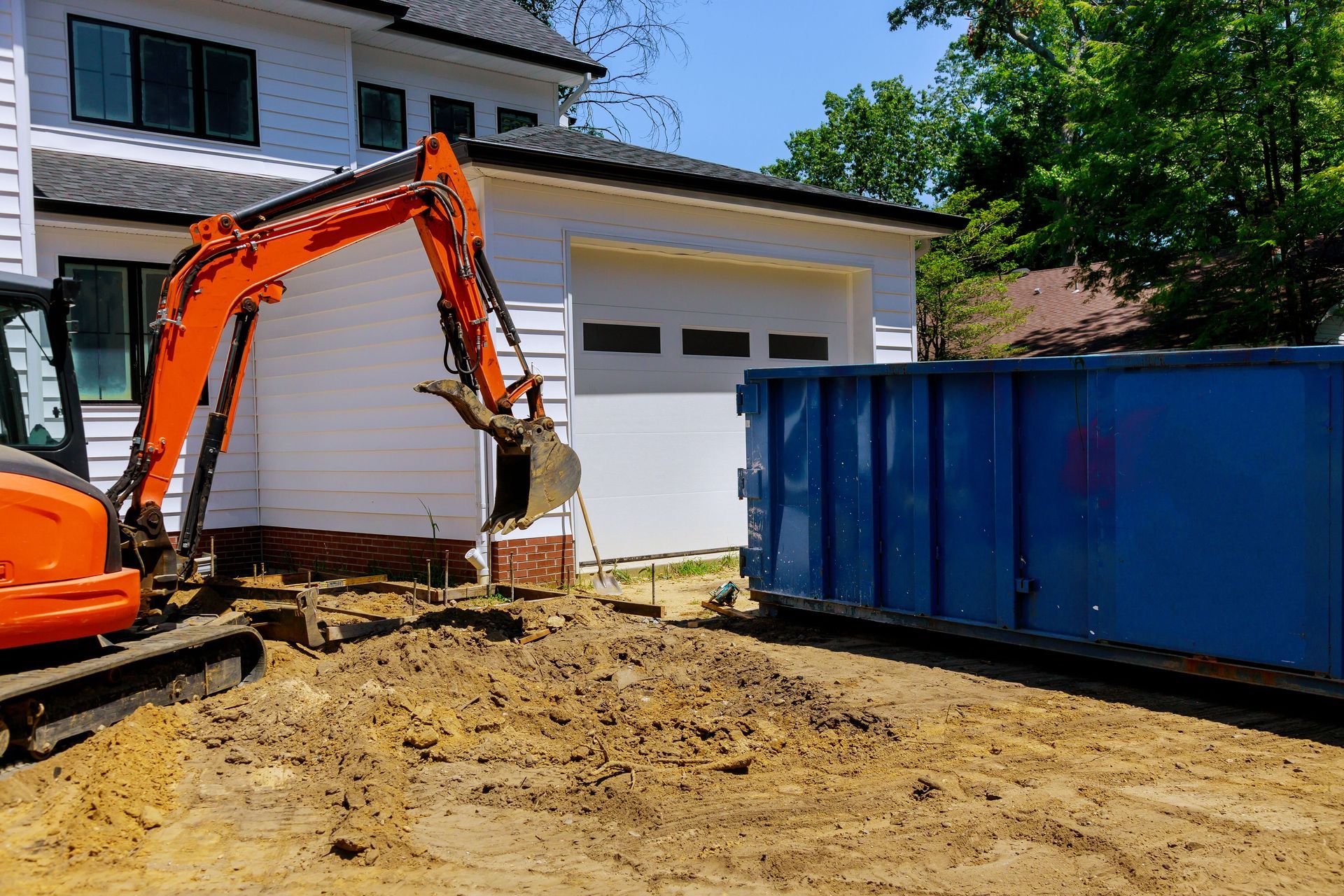
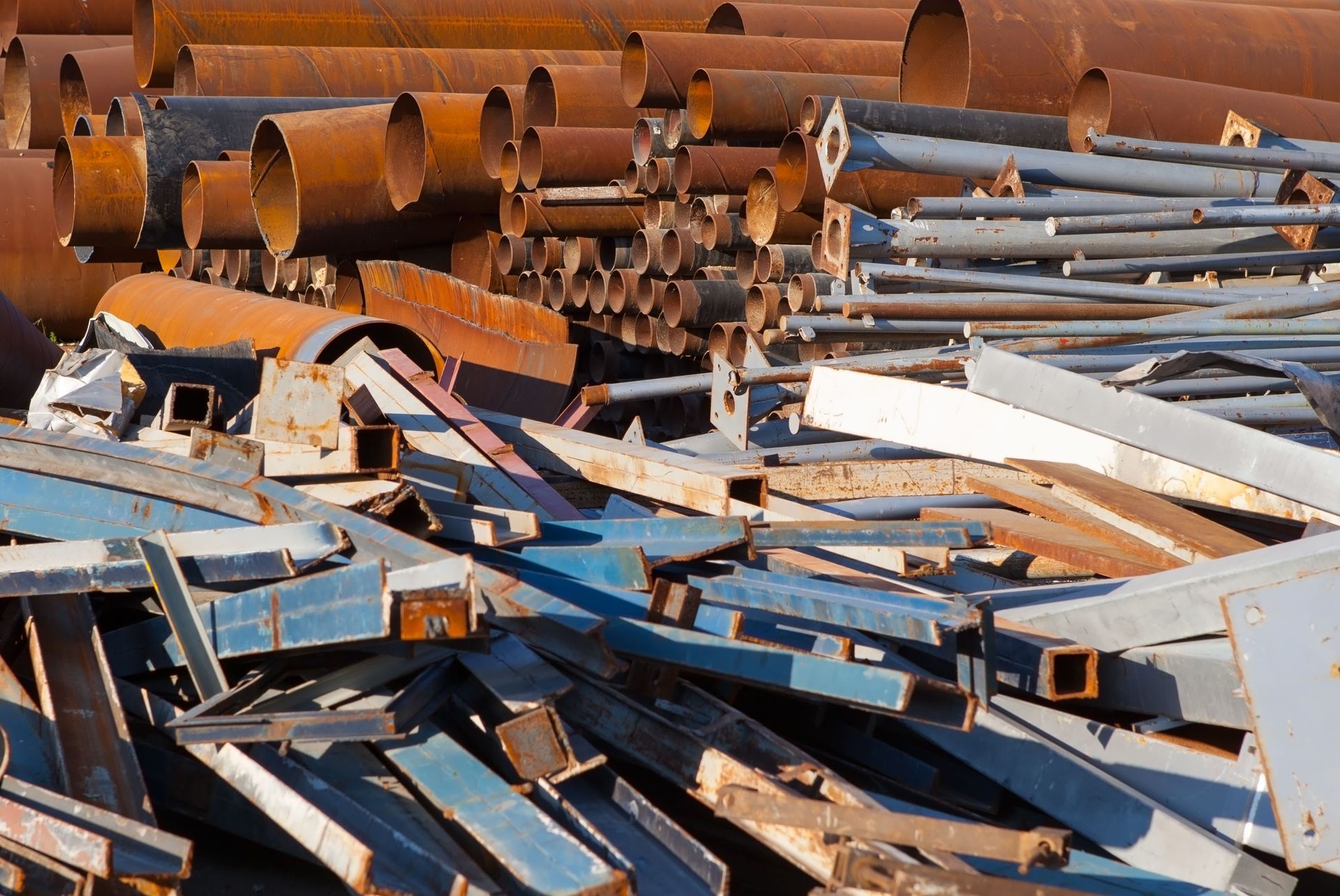
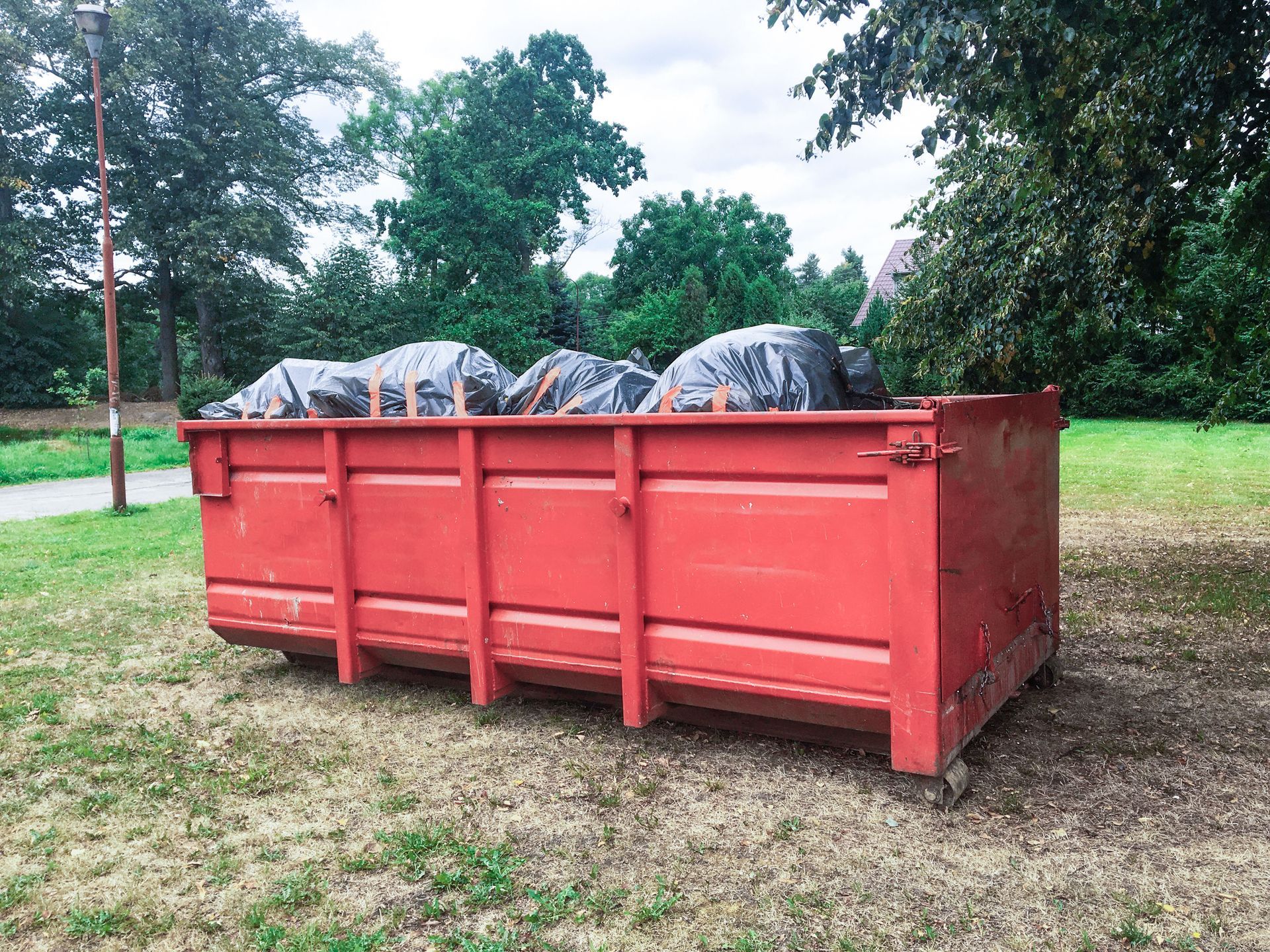
Share On: